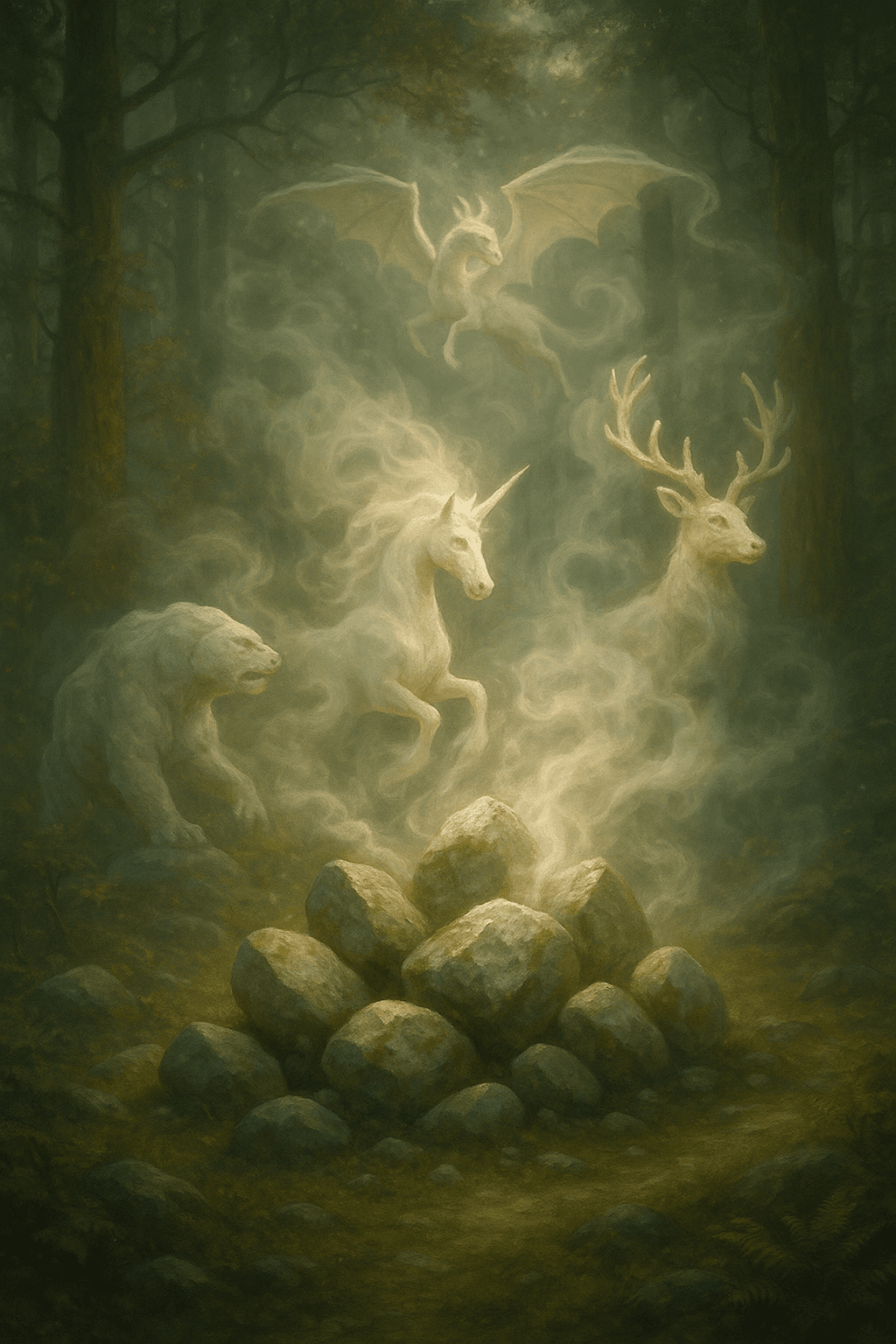Shaping Myth: How We Create Our Own Narratives

We write our own myths, not just read them. — Ursula K. Le Guin
—What lingers after this line?
One-minute reflection
Where does this idea show up in your life right now?
Myth as a Living Tradition
Le Guin’s observation challenges us to view myth not as static stories from ancient times, but as dynamic frameworks we continue to shape. From earliest oral traditions to today’s novels and films, myths evolve alongside our societies. The act of storytelling becomes a collaborative process, where each generation adapts familiar symbols and motifs to reflect its own hopes and anxieties.
Personal and Collective Mythmaking
Extending from tradition, personal mythmaking emerges as individuals interpret and integrate cultural stories into their own identities. Carl Jung, in his studies of the collective unconscious, suggested that mythic archetypes permeate personal narratives, empowering people to make sense of life’s journey. By weaving our experiences into broader mythic cycles, we link our individual stories to humanity’s shared heritage.
Modern Media and Reimagined Legends
Transitioning into the contemporary era, popular literature and cinema exemplify how we reinvent old myths for new audiences. Le Guin’s own works, such as the 'Earthsea' series, transform archetypal motifs—wizards, dragons, quests—offering fresh perspectives on power and identity. Similarly, franchises like 'Star Wars' draw on Joseph Campbell’s ‘hero’s journey,’ illustrating myth’s enduring relevance.
The Agency of the Storyteller
Having acknowledged myth’s evolution, it is essential to recognize the storyteller’s creative agency. Each writer, artist, or teller reshapes myths by choosing which voices and values to emphasize. For instance, feminist retellings of classic tales reclaim agency for characters once marginalized, demonstrating how storytelling becomes an act of empowerment and cultural renewal.
Mythmaking in Everyday Life
Finally, the idea of ‘writing our own myths’ extends beyond formal narratives to the stories we tell about ourselves and our communities. Family anecdotes, urban legends, and even social media posts transform daily experiences into meaningful tales. In this way, Le Guin’s insight reminds us that myth is not only read or inherited—it is actively lived and created, making each of us both author and protagonist.